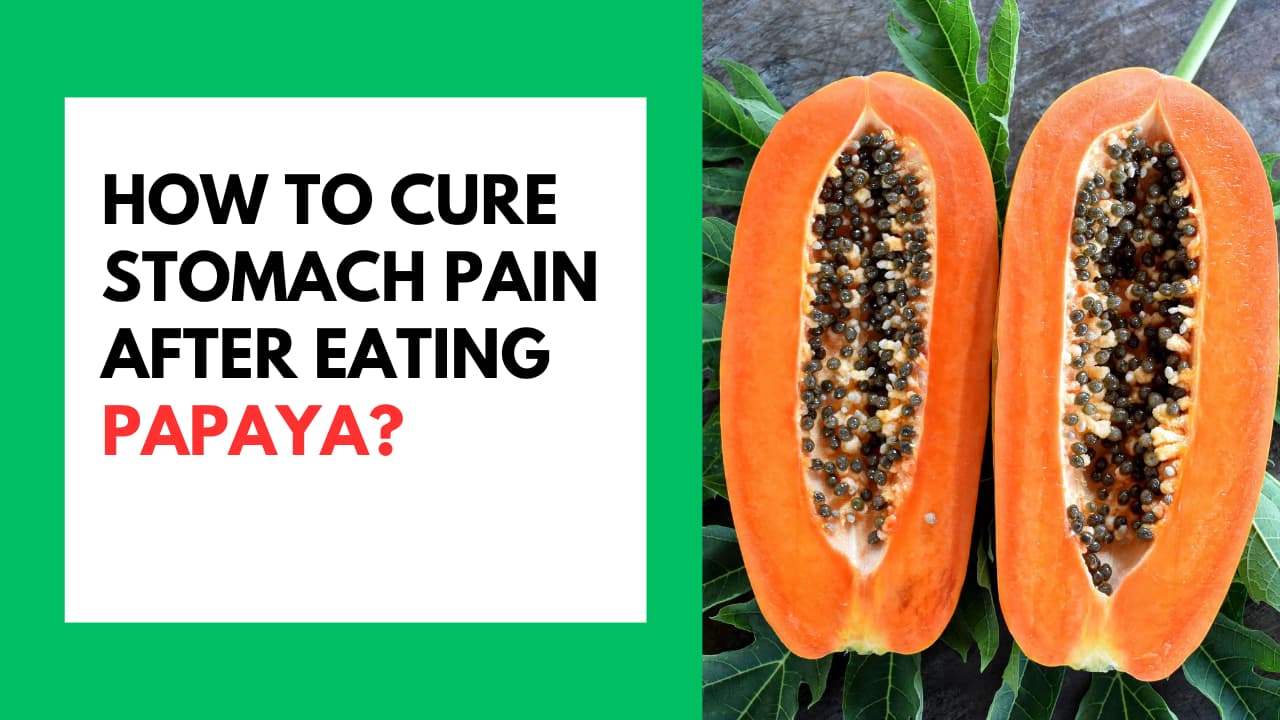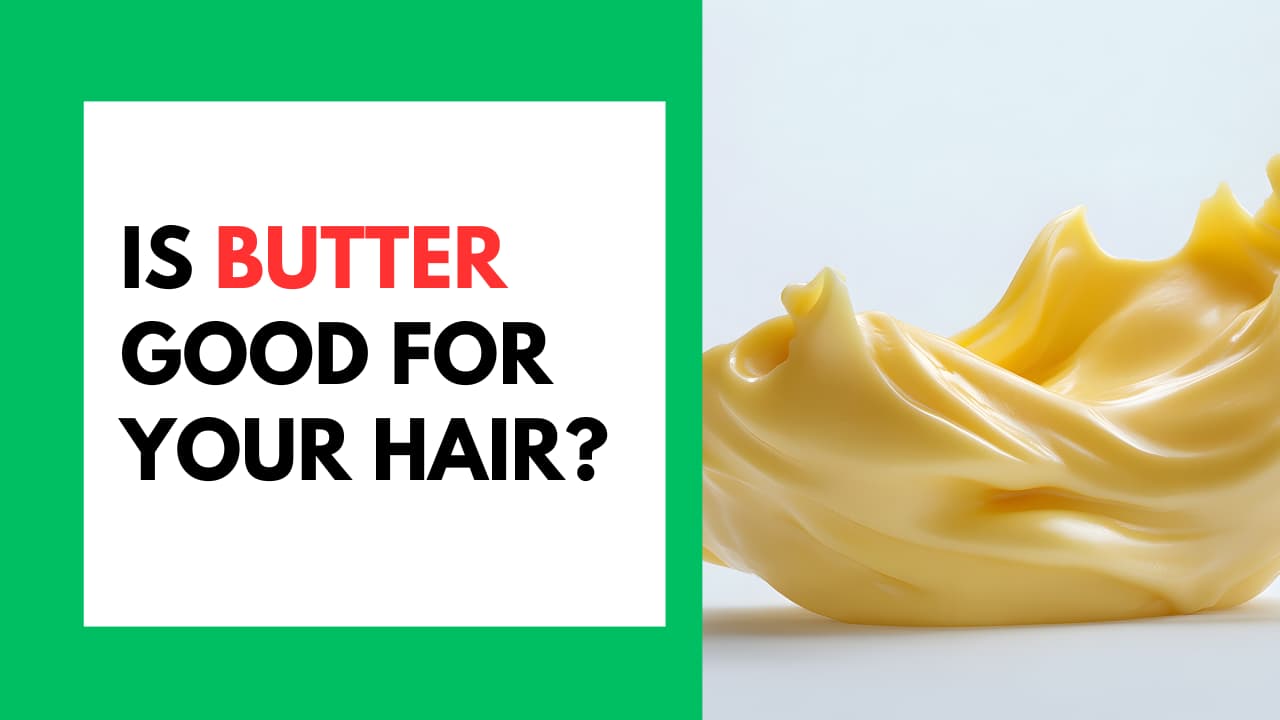Cherries are nature’s sweet treats, full of bright color and juicy flavor that make them hard to resist. But what happens when you go beyond a small serving and eat a whole bunch at once? While cherries are loaded with vitamins, fiber, and antioxidants that are great for your health, having too many can bring some unexpected side effects that your body might not be prepared for. Before reaching for another big bowl, it’s a good idea to understand what eating too many cherries could do to your health. Let’s discuss the consequences of eating too many cherries.
Expert in This Article
Dr. Imran Nathani, a board-certified internist and graduate of Dow Medical College, has been serving the Houston community since 1997.
Nutritional Benefits of Cherries
Cherries are packed with nutrients and offer many health benefits, especially for heart health, reducing inflammation, and improving sleep. According to Dr. Imran Nathani of Family Diagnostic Clinic, “Cherries may be small, but their impact on health is mighty, from supporting heart function to promoting better sleep, they’re one of nature’s most powerful fruits.” Here’s a short nutritional profile of cherries:
- Vitamins: Cherries are a good source of vitamin C, providing about 10–12% of your daily needs per cup. They also contain vitamin B6 and vitamin K. Vitamin C helps boost the immune system and keeps your skin healthy. Vitamin B6 helps your body turn food into energy and supports brain function, while vitamin K is important for proper blood clotting.
- Minerals: Cherries have potassium (about 10% of your daily value), along with smaller amounts of calcium, magnesium, iron, copper, and manganese. Potassium helps control blood pressure and supports healthy muscles. Copper plays a role in forming collagen and supporting your immune system.
- Antioxidants: Cherries are full of antioxidants, especially anthocyanins and polyphenols, which give them their rich red color. These antioxidants help protect your cells from damage and lower inflammation in the body.
- Fiber: One cup of cherries has about 3 grams of fiber. Fiber is important for good digestion, lowering cholesterol, keeping blood sugar levels steady, and helping you feel full longer.
What Happens When You Overconsume Cherries?
Eating too much of any food, even something as healthy as cherries, can lead to unwanted side effects. “While cherries are a healthy and delicious fruit, eating too many can cause a range of problems. Enjoying them in moderation is the best way to get their benefits without the downsides.” Explains Dr. Nathani. These downsides include:
· Digestive Issues from Overconsumption
Cherries have a lot of fiber and also contain sorbitol, a natural sugar alcohol. If you eat too many, this combination can lead to bloating, gas, stomach pain, or diarrhea. These problems are even more likely in people with sensitive stomachs or conditions like irritable bowel syndrome (IBS), since their bodies react more strongly to fiber and sugar alcohols.
· Blood Sugar Spikes
Cherries contain natural sugars, which can raise your blood sugar if you eat too many at once. This can be a problem for people with diabetes or insulin resistance, as large amounts can make it harder to keep blood sugar levels under control.
· Allergic Reactions
Some people are allergic to cherries and may have symptoms like itching, swelling, hives, or trouble breathing. These allergies often cross over to other fruits in the same family, like peaches, plums, and apricots. If you’re allergic to these fruits, it’s important to be cautious when eating cherries.
· Weight Gain Potential
Cherries are sweet and can be easy to overeat. Eating too much can lead to consuming more calories and sugar than needed, which can cause weight gain over time, especially if it’s not balanced with healthy eating and exercise. Moderation is the best way to avoid this.
· Tooth Decay Risk
The sugar in cherries can lead to plaque build-up and tooth decay, especially if you don’t brush your teeth after eating them. Regular snacking on cherries without good dental care increases the risk of cavities.
· Kidney Strain and Electrolyte Imbalance
Cherries are high in potassium, which is good for most people, but can be harmful for those with kidney problems. Too much potassium can lead to a condition called hyperkalemia, which can cause dangerous changes in heart rhythm and other health issues.
· Interaction with Medications
Cherries contain natural compounds that can thin the blood. For people taking blood-thinning medications like warfarin, eating too many cherries could increase the risk of bleeding. It’s important to be careful if you’re on these kinds of medicines.
· Other Possible Effects
Eating a lot of cherries can also cause stomach issues in people who have trouble absorbing fructose, a type of sugar found in fruit. On top of that, accidentally swallowing cherry pits can cause a type of poisoning from the stone inside, leading to symptoms like vomiting, diarrhea, and stomach pain.
You May Also Like: What Happens If You Eat Too Many Grapes?
Positive Health Impacts of Eating Cherries
Cherries are nutrition-packed stone fruits. Some of their health benefits include:
- Cardiac Health: The potassium in cherries helps lower blood pressure, while the fiber can help reduce cholesterol. Antioxidants and polyphenols in cherries also protect the heart by lowering inflammation and oxidative stress, reducing the risk of heart disease.
- Inflammation: The antioxidants and plant compounds in cherries help fight inflammation. This can ease muscle soreness after exercise and may help relieve symptoms of arthritis and gout. Reducing long-term inflammation may also help lower the risk of some cancers.
- Sleep Improvement: Cherries naturally contain melatonin, a hormone that helps control your sleep cycle. This can improve both the quality and length of your sleep.
Closing Note
In short, side effects are bound to happen when you eat too many cherries. Therefore, eating cherries in moderation is the best way to enjoy their health benefits while avoiding unwanted side effects. “If you’re concerned about allergies or take medications like blood thinners, it’s a good idea to talk to your doctor to make sure cherries are suitable for you.” Advises Dr. Imran Nathani.






